News
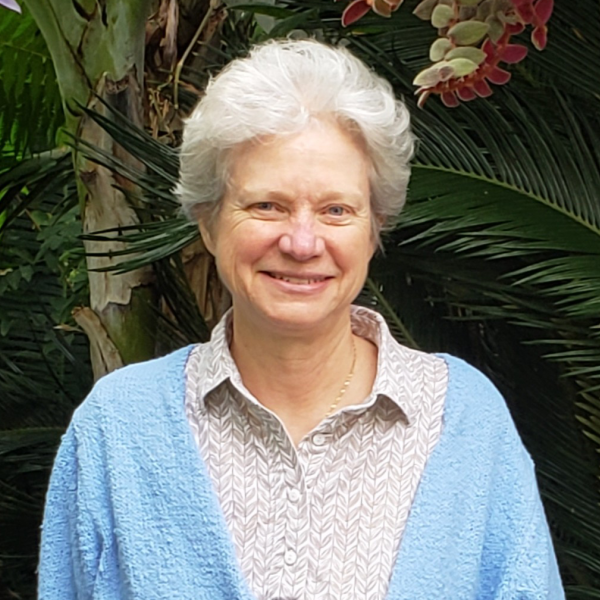
Mar 14, 2025
Plant biologist awarded the Masatoshi Nei Innovation Prize in Biology
Sarah Assmann, Waller Professor of Plant Biology at Penn State, has been awarded the Masatoshi Nei Innovation Prize in Biology. The award was established through a generous gift from Masatoshi Nei, professor emeritus of biology at Penn State; Laura Carnell, professor of biology at Temple University; and Nei’s wife, Nobuko Nei. The prize is intended to recognize a preeminent scientist who is on the faculty at Penn State, is an innovator in their field, and has achieved outstanding scientific research and leadership in the biological sciences.
Full Article
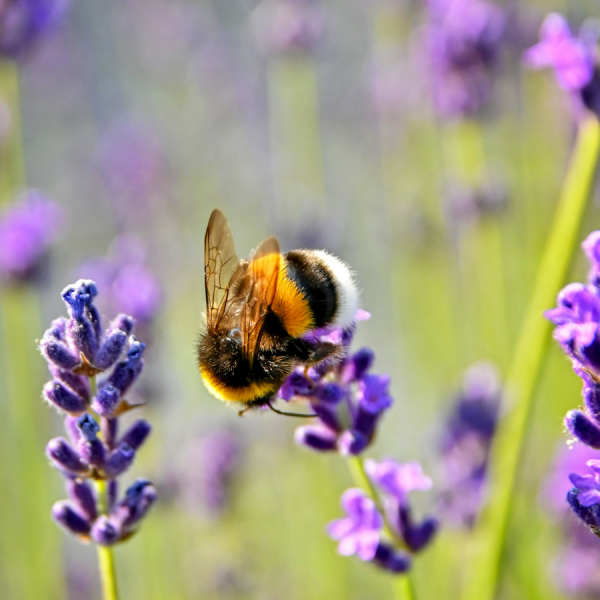
Mar 12, 2025
Analyzing genetic ‘signatures’ may give insight into what stresses wild bees
A new method of examining gene expression patterns called landscape transcriptomics may help pinpoint what causes bumble bees stress and could eventually give insight into why bee populations are declining overall.
Full Article
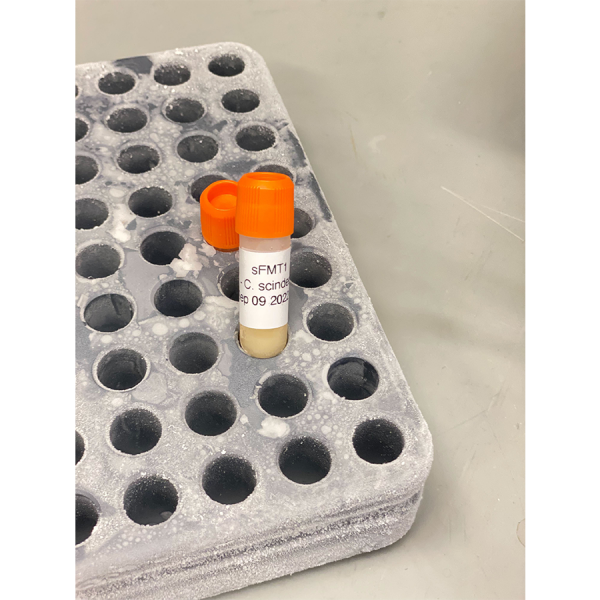
Mar 04, 2025
Synthetic microbiome therapy suppresses bacterial infection without antibiotics
Precise, targeted treatment using limited strains of gut bacteria effectively protected against C. difficile infection, severe symptoms and recurrent infections in mice.
Full Article
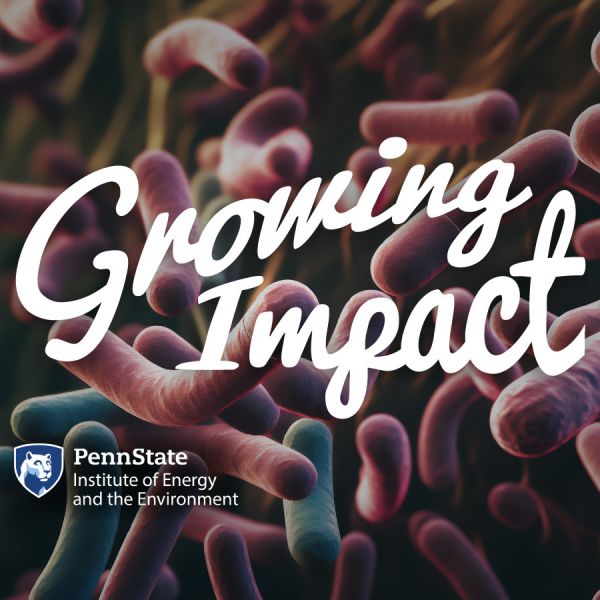
Mar 03, 2025
'Growing Impact' discusses environmental contaminants, human health
The latest episode of Growing Impact discusses how environmental contaminants affect human health, a research focus for Penn State professors Andrew Patterson and Costas Maranas.
Full Article
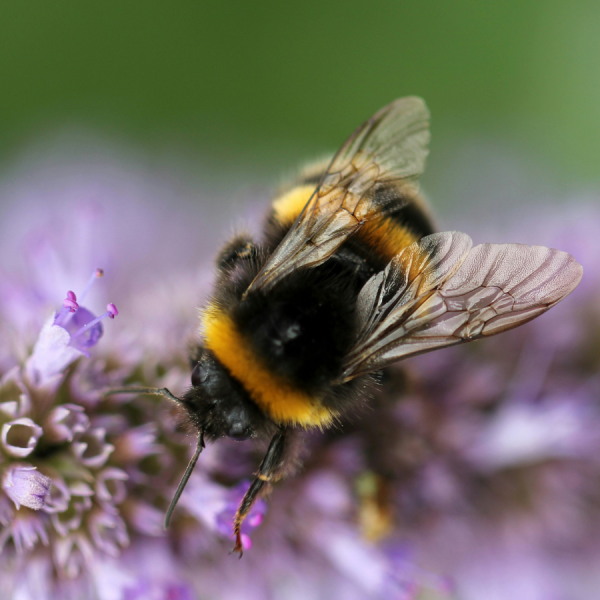
Feb 26, 2025
The complex effects of pesticide exposure on bumble bee health
The effects of pesticide exposure on pollinator health may be more complicated than originally thought, according to a team of researchers in Penn State’s College of Agricultural Sciences who recently published an article on the topic in Biology Letters.
Full Article

Feb 24, 2025
Penn State to establish Animal Diagnostic Lab-West
With $6 million in state funding, the new facility, to be located at Penn State Beaver, will enhance animal health and support for animal agriculture in western Pennsylvania.
Full Article
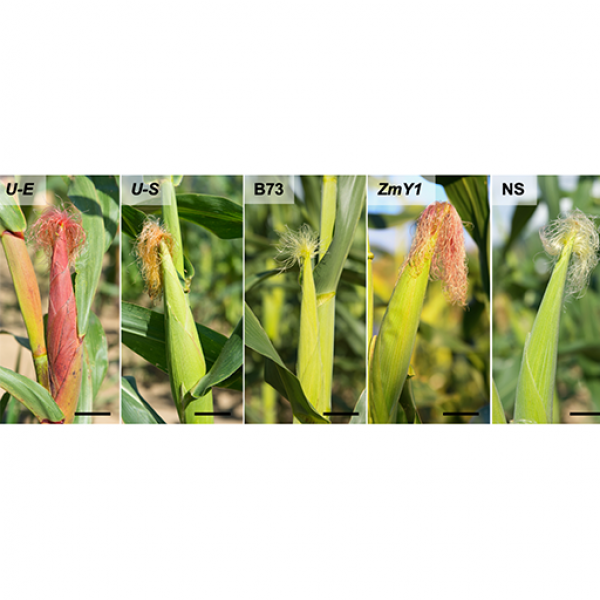
Feb 20, 2025
Select corn lines contain compounds that sicken, kill major crop pest
The compounds, called flavonoids, have an insecticidal effect on corn earworm larvae.
Full Article
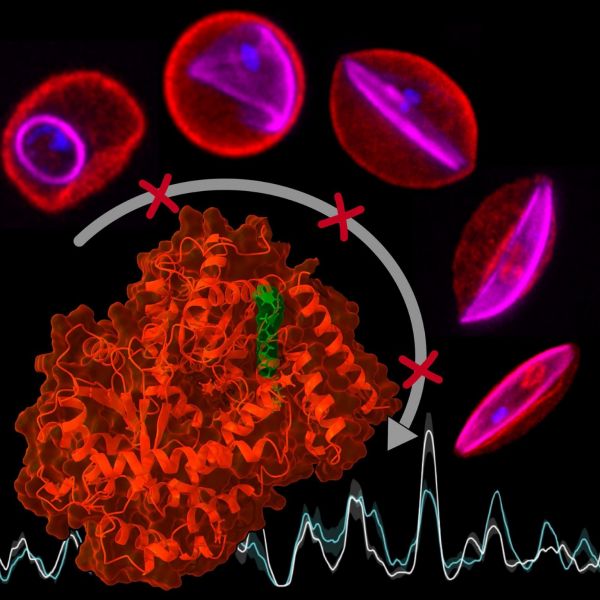
Feb 20, 2025
Disrupting parasite gene regulation reveals new malaria intervention strategy
Malaria's deadliest parasite relies on precise gene regulation to survive. A new multinational study, including Penn State scientists, reveals key insights into these control mechanisms.
Full Article
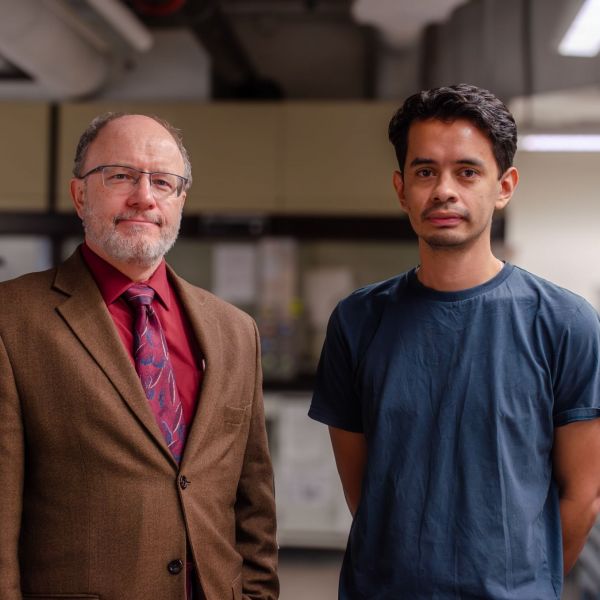
Feb 20, 2025
Young adults may be more vulnerable to nicotine addiction than the middle aged
People in their late teens and early 20s may be more sensitive to nicotine and more susceptible to nicotine addiction than middle aged adults, according to a new study in mice from researchers in the Penn State Department of Biobehavioral Health.
Full Article

Feb 13, 2025
Team Dynamics course to be available for Huck graduate students in Fall 2025
A unique team-building and leadership course, taught by faculty from the Smeal College of Business MBA program, is available for a limited number of Huck graduate students next fall.
Full Article